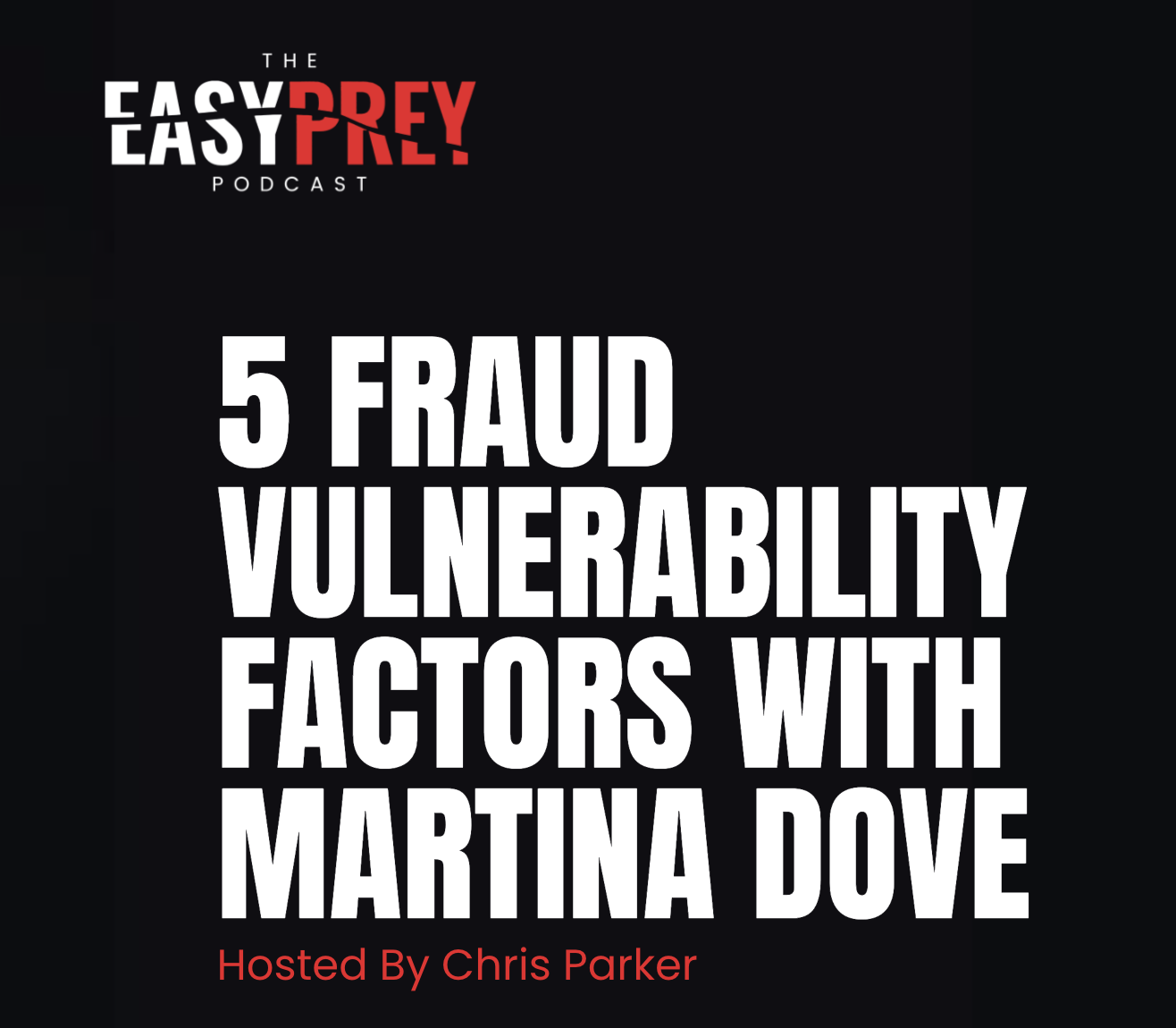Industry articles
State of Security Blog
Scams: Understanding vulnerabilities and protective strategies
Top 3 Grooming Techniques in Fraud: What to Watch for
5 Tips for Spotting and Avoiding Pig Butchering Scams
Glamourizing fraudsters hurts victims of fraud, and society
Job scams: How they persuade and how to protect yourself
Grooming lies and their function in financial frauds
Sextortion Scams – How They Persuade and What to Watch for
Phishing Attacks Often Target Small Businesses – Here’s What to Watch for
How Social Norms Can Be Exploited by Scammers on Social Media
Data Breaches: A Chance for Opportunistic Scammers & What You Should Watch for
See No Evil, Hear No Evil: The Use of Deepfakes in Social Engineering Attacks
International Compliance Association
Selected podcasts and contributions
I am frequently invited to provide expert commentary for reputable media outlets and have contributed quotes to national newspapers. I also regularly appear as a guest on industry podcasts, sharing insights on scam techniques, social engineering and factors in scam victimization.
Source: Financial Times
Financial Times
“When you’re invested in the success of something, you want to see it be the best it can be, you don’t pay attention to the finer details that are inconsistent”, says Martina Dove, author of The Psychology of Fraud, Persuasion and Scam Techniques.
Source: Humanfactorsecurity.co.uk
Human Factor Security
“Jenny welcomes back author and fraud expert Martina Dove. They discuss her new book “ The Psychology of Fraud, Persuasion and Scam Techniques” as well as the tactics and mechanics of many scams and how the pandemic has provided a rich hunting ground for criminal fraudsters.”
Bora feature
“Online scams, either through phishing emails, messages on platforms like WhatsApp, or voice calls. That was the context of my very interesting discussion with Martina Dove, author of the book “The Psychology of Fraud, Persuasion, and Scam Techniques.”
Stolen: Podcast with Erin West
Erin West speaks with Dr. Martina Dove, a psychologist specializing in scams and human behavior. They discuss the psychological manipulation techniques used by scammers, the impact on victims, and the societal consequences of eroded trust.
Source: ChinaDaily
ChinaDaily
“Internet-related crimes, seen as copycats of the infamous ‘Nigerian prince-style’ fraud schemes, have surged dramatically in Hong Kong. Cybersecurity and psychology experts have blamed conmen cashing in on people in dire financial straits amid the pandemic.”
Source: Greatwomeninfraud.com
Great Women in Fraud
“In today’s GWIF episode I talk with Dr. Martina Dove about her start in the fraud world. Her book, The Psychology of Fraud, Persuasion and Scam Techniques, is a must-read.
If you know anyone who you think may fall victim to a fraud it is mandatory.”
Source: Tripwire podcast
Tripwire Podcast
In this episode, Martina Dove uses her psychology research to explain to us how the brain operates when presented with a scams. She also discusses her model for identifying fraud susceptibility and what we can do to prevent falling for these scams.
The Easy Prey podcast
Understanding our cognitive biases can help us realize that we sometimes are too trusting of emails, texts, or calls from someone we perceive to be an authority.
”You’re not going to be interested in everything that comes into your inbox. They have to get you at the right time.”
Source: The Times
The Times
“An effective scammer stirs your emotions so it is harder to think clearly about what you are being sold.”
says Martina Dove, author of The Psychology of Fraud, Persuasion and Scam techniques - Understanding What Makes us Vulnerable
ProPublica
“Tens of thousands of people from across Asia have been coerced into defrauding people in America and around the world out of millions of dollars. Those who resist face beatings, food deprivation or worse.”
Source: people who read people
Psychology podcast
A talk with Martina Dove about some common scams you and people you know might encounter (phishing scams, “pig butchering” scams, romance scams, wrong-number-text scams, and more). We discuss how these scams work, and some strategies for avoiding them.
The Walrus












